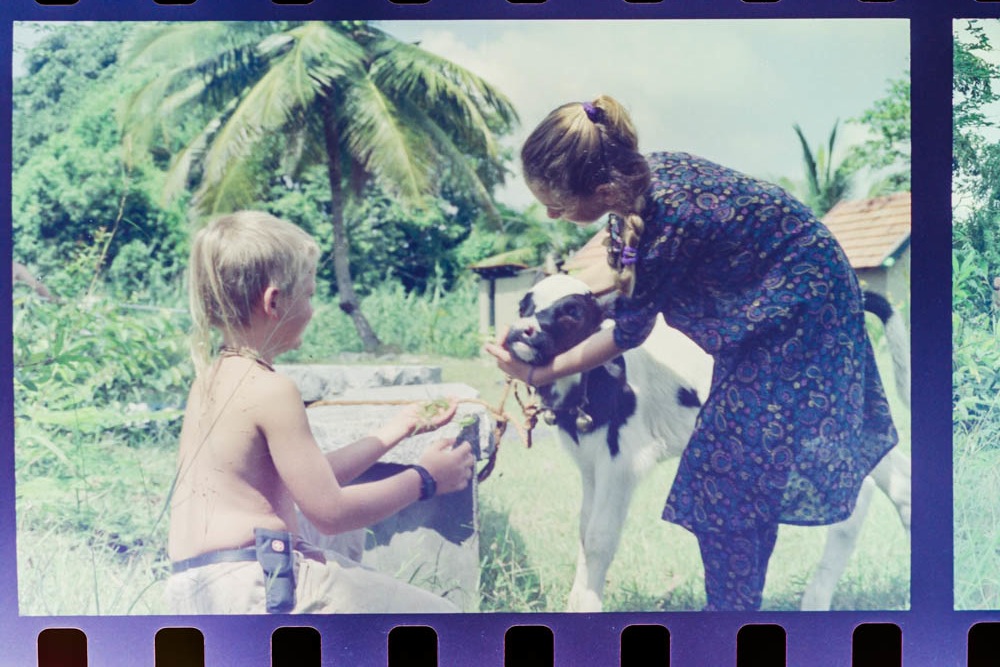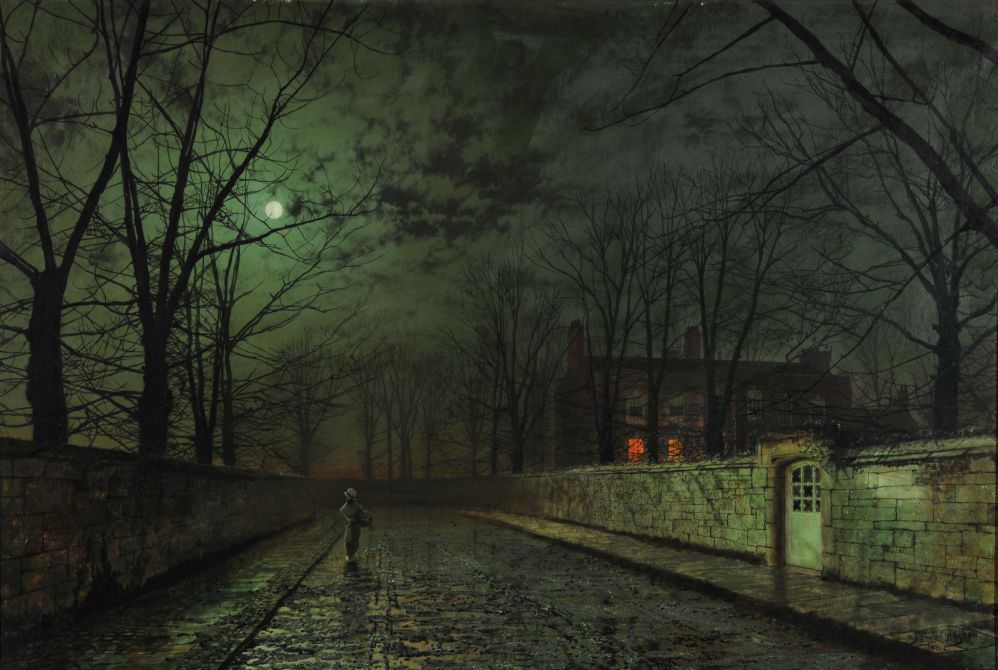Here’s a piece I wrote for Real Travel Stories:
I was nine years old when my parents told us they were moving our entire family to India. I had lived in a small town of North Carolina most of my life, and knew little to nothing about India, except that I didn’t want to go.
Six months later, I stepped out of the plane onto Indian soil for the first time. I can still recall the unfamiliar smells, the hot, dusty air… and people. So many people.
We arrived in Calcutta, and somehow, miraculously, were able to get our ten trunks of belongings, our suitcases and personal bags into two different taxis. It was all an overwhelming blur for this jetlagged, nine year old girl with skinny arms and smuggled gold coins in her belly-bag. My dad had slipped a few gold coins into each of his kid’s bags so that we could bring some of the family savings with us, un-noticed by authorities. It felt like a big responsibility to me, to not lose those precious coins.
My chubby, blond-haired, blue-eyed brother was jammed into a taxi with my dad, and my mother, sister and I were squished into another taxi. We wound through crowded streets, amazed at the local driving tactics. Horns were used constantly, whether to beep at a group of cows or people that were blocking traffic, to beep at other vehicles, or to hurry old ladies across the street. Whenever we stopped at a busy intersection, beggars would try to jam their hands into our windows, which terrified me. Especially the ones who were missing body parts from leprosy. I thought if they touched me, I would get leprosy too.
Sometime later—I could not be sure if it had been hours or days—we arrived on the banks of the Ganges River in the holy land of Mayapur.
When I tell people about my childhood and moving to India at the age of 9, a common question right about now would be, “So are your parents Indian?”
My answer is always, “No, my dad is American and my mother is French.”
And although my name is Jahnavi, I am definitely white!
Once arrived in Mayapur, a fleet of bicycle rickshaws transported our trunks and bags through the city.
As I was jostled along in a rickshaw with my dad, I was entranced by the colorful dresses of the Indian ladies, the perfume coming from the flower merchant stalls and the constant shouting and calling in this foreign language.
And there were the smells… cow dung, sweat, urine, smoke, food, flowers, freshly washed clothes, compost heaps mixed with trash, goats…
We bumped merrily alongside other rickshaws, bicycles, mopeds with entire families squeezed onto them, lorry trucks and taxis. I said to my dad, “Well, you certainly don’t need to go on a roller coaster ride when you live in India—you just need to take a rickshaw ride!”
We got a room on the second floor of a hotel that overlooked a large temple in Mayapur. My siblings and I were happy because the hotel room had a verandah. My brother and I would play with our toys on the verandah and pretend that our heroes were nearly falling off into the abyss. We discovered that we could go up onto the rooftop, where the entire city of Mayapur stretched out around us.
The next day we went to a large prasadam hall (‘prasadam’ is food that is offered to God first) to eat lunch. We sat on the ground alongside hundreds of Indians, and our food was ladled out onto huge banana leaves. Soup was poured into little, water-tight bowls woven out of coconut leaves. We ate with our hands. It was delicious. My dad poured drops of grapefruit seed extract into our water so we didn’t get the runs.
When we finished eating, we carried our banana leaf plates out back and threw them onto a heap, where delighted cows gathered to feast on our dinner-ware. Sinks lined the walls and we went and washed our hands with soap and water.
We hadn’t been in Mayapur more than a day and a half before it began to rain.
It rained, and rained and rained. We stayed in our hotel room as the streets filled with water.
The next day the water had reached the second story of our hotel. My dad lowered himself off of the balcony and onto a boat, then set off to find more boatmen to carry the rest of our family and belongings to the next state.
We waited in that room with our anxious mother for two days, living off of sweets they brought us from the temple. My sister read a lot, her long, frizzy hair framing her heart-shaped, serious face. My mother would sit staring, sniffing her hand or inner elbow area, jiggling her leg distractedly. My brother and I ate the sweets with relish, and played with our plastic dinosaurs on the verandah.
I remember watching people swim by our door, laughing and talking with one another as if it were the most normal thing in the world to be swimming down the street. I saw snakes swim by also, sliding across the top of the water as though it were a solid surface. Boats drifted past with people calling loudly, selling flowers or food.
The temple services continued as though nothing had happened. The floor inside was elevated enough so that when people came to sing and dance in front of the deities, they stood in water that was only thigh-high.
My dad arrived late on the second day, in a big boat steered by a man with a pole. We formed an assembly line, passing suitcases and trunks along down into the boat, and carefully climbed down from the balcony.
The boatman pushed off, and we drifted away from the hotel, and onto the watery streets. Eventually he navigated us out of the city and onto open water, floating above the submerged pastures and rice paddies, here and there the tops of thatched huts poking through the surface.
The sun was low on the horizon, and turning everything a fiery orange, including the water.
My dad smiled then—whether for our sake or because he was actually thrilled, I’m not sure. But here we were, in India, just like he’d planned.
I didn’t know what to expect next, but it didn’t matter. It was beyond my ability to imagine, so I just took in the moment.
I sat back and listened to the sounds of the boatman’s pole pushing through the water.
Swish… swish… splash…
A big white bird flew across the fiery sky, squawking rhythmically.
A cow stood on a pile of debris, chewing its cud, seemingly un-perturbed by the ocean of water that surrounded her island.
And our boat filled with my family moved on, steadily and quietly.










